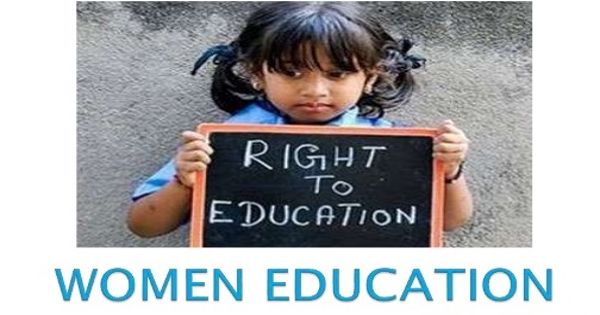There is one thing for which we should all be thankful. Today, we are not required to prove that girls should be educated like boys. That valuable work was done by the great pioneers of the 19th. Century, by Rammohan Roy, Iswarchandra Vidyasagar, Ranade, Behramji Malabari, and a host of other far-seeing builders of our nation. As a result of their pioneering efforts today in most familiar where education is imparted to boys, it is being imparted to girls as well. Out of evil cometh good and out of the hateful and vicious dowry system has come the spread of education among girls of middle-class families. Parents of girls, who are unable to scrape together funds to meet the demands of a daughter’s dowry, find it easier to educate their daughters and help them stand on their legs if need be.
But that does not mean that we can afford to be complacent. With the rapid spread of women’s education, many new problems have arisen both practical and ideological. We have to keep ourselves wide awake and judge the entire problem from a purely rational and utilitarian standpoint. The problems posed by the orthodox must be faced and disposed of.
First, there is the problem, – should girls have the same type of education as boys? It is a difficult question, but not unanswerable. There is no harm in giving them the same education, for one of the priceless benefits of education is to liberalize the mind. Perhaps in our society, hide-bound with prejudices as it is, the liberalization of the feminine mind is even more urgent. While we do not forget that girls will be the guardians of home-life, the mother of future generations, we do not believe that a woman has no other life than rearing a family. “Back to the kitchen” is as meaningless a cry as “back to the village”. We should never say “go back” because time never goes back; always our cry should be, “go forward and onward”. But, of course, we must have a clear idea about the goal that we have in view. Since the end of general education is to liberalize the mind, an education that does it for boys will also do it for girls as well. Restriction of women within a narrow sphere of duties makes them narrow-minded, and petty things can never be mentally healthful.
Further, in the hard struggle for existence, few middle-class families can be comfortable on the income of a single individual. More and more wives are seeking to add to the family income. Society will always need women doctors and women teachers, there is also no reason why we should not have women as lawyers, engineers, and administrators. Our constitution also is clear on the issue of equal opportunities for men and women. Hence we should throw the gates of education wide open for all alike.
A second question often posed is-should girls be educated in the same schools as boys? In a poor country like ours, the question is partially answered by financial considerations. In the primary unutilized stages by financial considerations. In the primary unutilized stages, they have to be so educated. Afterward much depends on circumstance. Where there is an ant of separate schools and colleges for girls, or where an institution meant for boys has unutilized accommodation, it is in the interest of the national economy to permit co-education. If public opinion is against it, it should be properly trained to take a rational and healthy attitude.
The uplift of society depends on the harmonious development of all its constituent elements. Man’s progress depends on women and is part of it. “The woman’s cause is man’s, says the poet. They rise or fall together; whether they are to be godlike and free, or slaves depends in a large measure on their ability to go hand in hand. This is the central truth of the matter. Therefore let us educate our women as we educate our men. Let us light up their intelligence with knowledge; out of that will come nothing but well. For, in our modern complex social organization, only the educated can adjust themselves to their duties and obligations in a complicated pattern of life. Without education, the social and economic emancipation of women is impossible. Women have been admitted to the same social and political rights as men. Their rights can be freely exercised only when women are educated and enjoy, if not actual, at last, potential economic independence. Education should give them the prospect of economic independence.
















